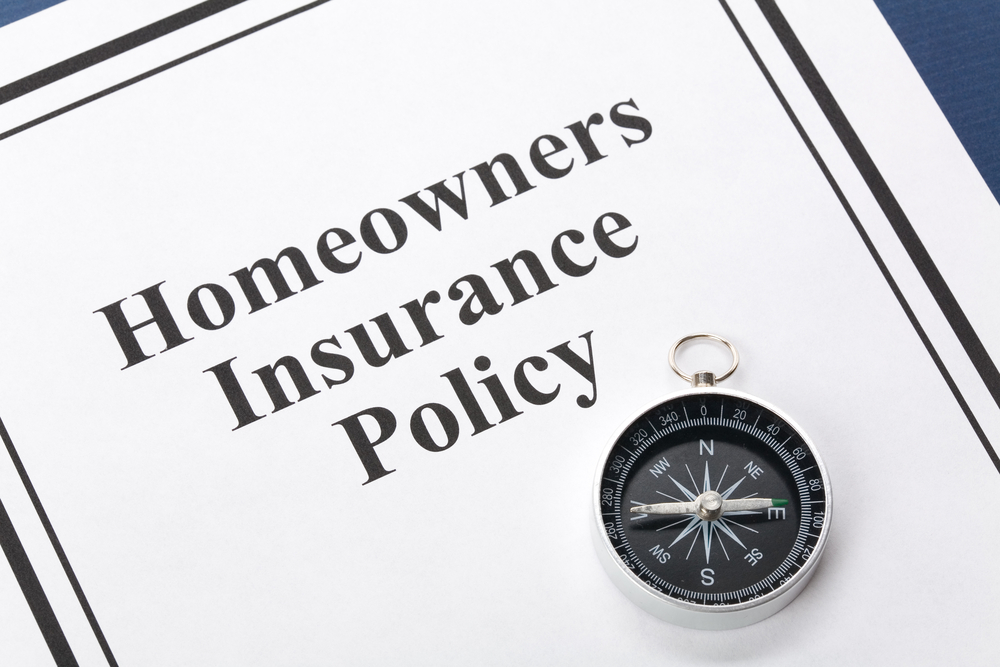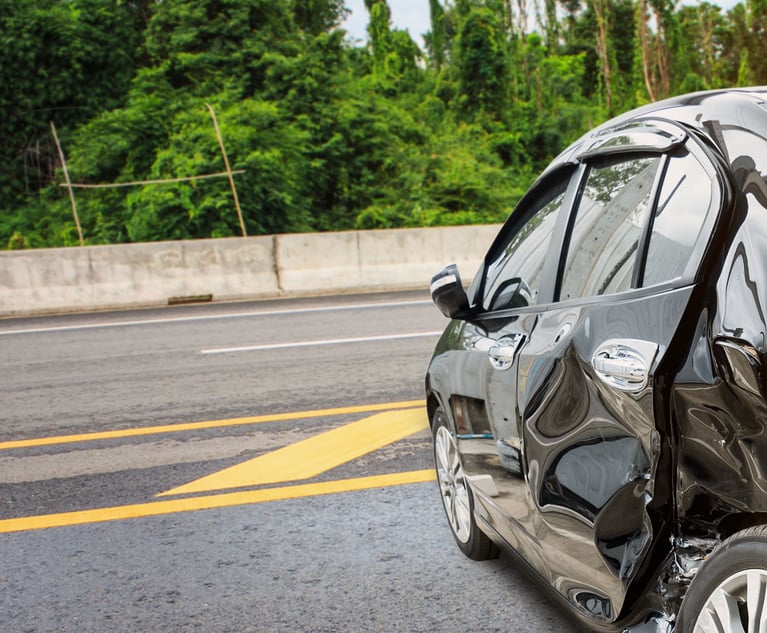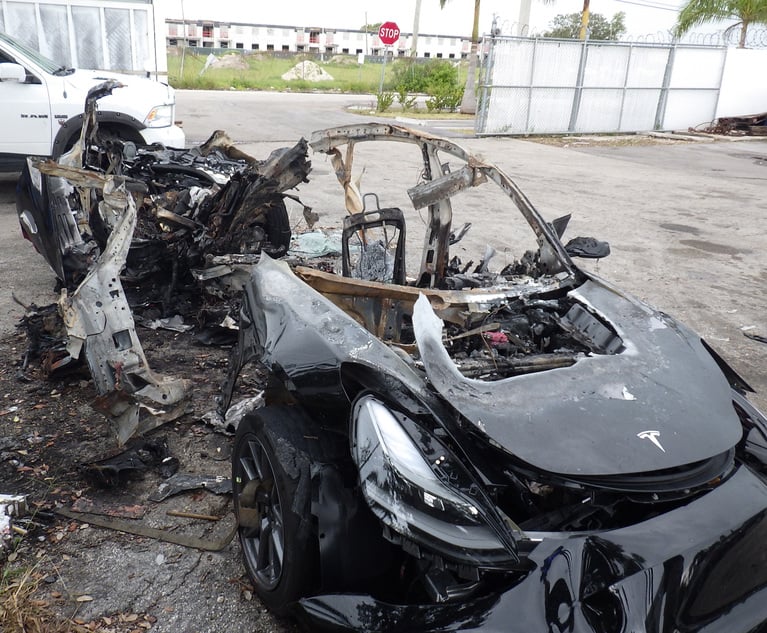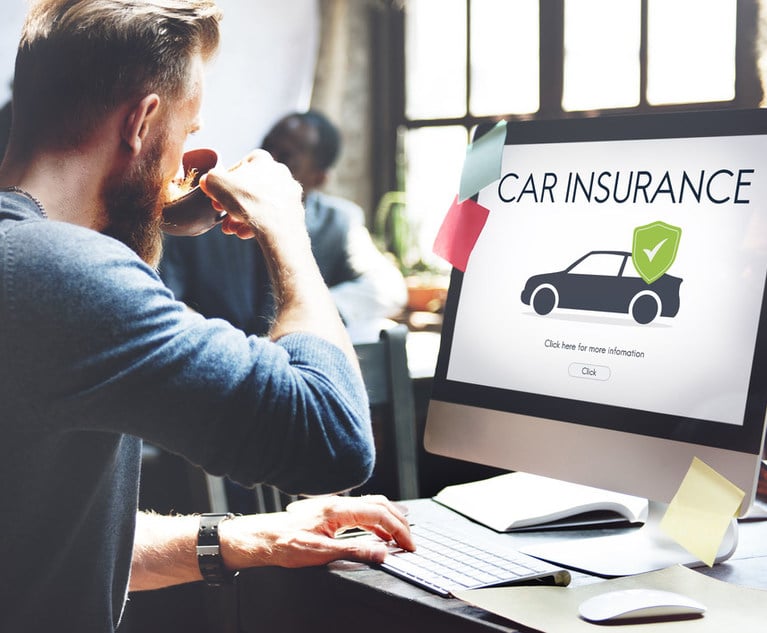Are you thinking of buying a plug-in electric motor vehicle(PEV)? Do you have questions about the basic terminology and how todecide which model is best for you? The U.S. Department of Energy(DOE) has released a new guide, Plug-In Electric Vehicle Handbook for Consumers, to help youanswer those questions.
|The handbook explains the various acronyms from EVs(all-electric vehicles) to PHEVs (plug-in hybrid electricvehicles). It also reviews specific items to consider when makingthe purchasing decision, such as:
- Your driving requirements (for example: two seats or four)
- Availability of the vehicle and places to charge it
- Prices and incentives
- Vehicle maintenance
- Battery life
- Safety in driving and garaging the vehicle
When buying a car, most consumers compare the estimated milesper gallon between models. As the handbook points out, it's noteasy to equate the energy in a kilowatt of electricity to that in agallon of gasoline. DOE has simplified the comparison with eGallon, a website that allowsyou to compare the cost of electricity to that of gasoline indollars per gallon by state. DOE's Alternative FuelsData Center helps you find charging stations near you, along aroute you're driving or within a state.
|
Insurance issues: not just auto
Most important, the handbook reviews the requirements forcharging your vehicle at home and installing special equipment ifnecessary. It's not as simple as just plugging your car into theelectrical outlet in the garage. Depending on the type of vehicle,you may need to install special equipment and you must comply withlocal, state and national codes and regulations. Installationusually requires a licensed electrical contractor, and also mayrequire permits from your local building, fire, environmental, andelectrical inspecting and permitting authorities.
|You'll also need to notify your homeowners insurance carrierthat you've installed charging equipment for your new vehicle as itmay affect coverage and policy limits. According to the American Association of Insurance Services, Inc., Oregon andCalifornia laws require a resident owning a charging station withina community managed by a homeowners association to maintain ahomeowners policy, with at least a $1 million limit, that includescoverage for the charging station exposures. The insured also mustname the association as an additional insured with a right tonotice of cancellation of the policy. Other states are sure tofollow, and some homeowners associations may impose similarrestrictions on their own.
|The good news: Your standard auto policy provisions should coveryour new plug-in electric vehicle. But as with all new vehiclepurchases, be sure to review your policy provisions and coverageoptions with your agent, broker or carrier so you know you'recovered appropriately.
|Support for electric vehicles by state
|If you're interested in learning how states are doing inencouraging the purchase and use of electrical vehicles, you shouldread Supporting the Plug-In Electrical Vehicle Market: Best Practicesfrom State Programs, by Cassandra Powers of the GeorgetownClimate Center. The report highlights initiatives such as theNortheast Electrical Vehicle Network, through which the northeaststates from Maine to Washington, D.C., are "working together tocreate a seamless driving experience" for PEV drivers.
|The report describes best practices in state-sponsored PEVprograms, including successful PEV buyer incentive programs, DCfast charging programs and PEV awareness initiatives that can serveas models for other states. Your state or local government may findsome ideas in this report to encourage the use of PEVs in yourlocation.
Want to continue reading?
Become a Free PropertyCasualty360 Digital Reader
Your access to unlimited PropertyCasualty360 content isn’t changing.
Once you are an ALM digital member, you’ll receive:
- All PropertyCasualty360.com news coverage, best practices, and in-depth analysis.
- Educational webcasts, resources from industry leaders, and informative newsletters.
- Other award-winning websites including BenefitsPRO.com and ThinkAdvisor.com.
Already have an account? Sign In
© 2024 ALM Global, LLC, All Rights Reserved. Request academic re-use from www.copyright.com. All other uses, submit a request to [email protected]. For more information visit Asset & Logo Licensing.








